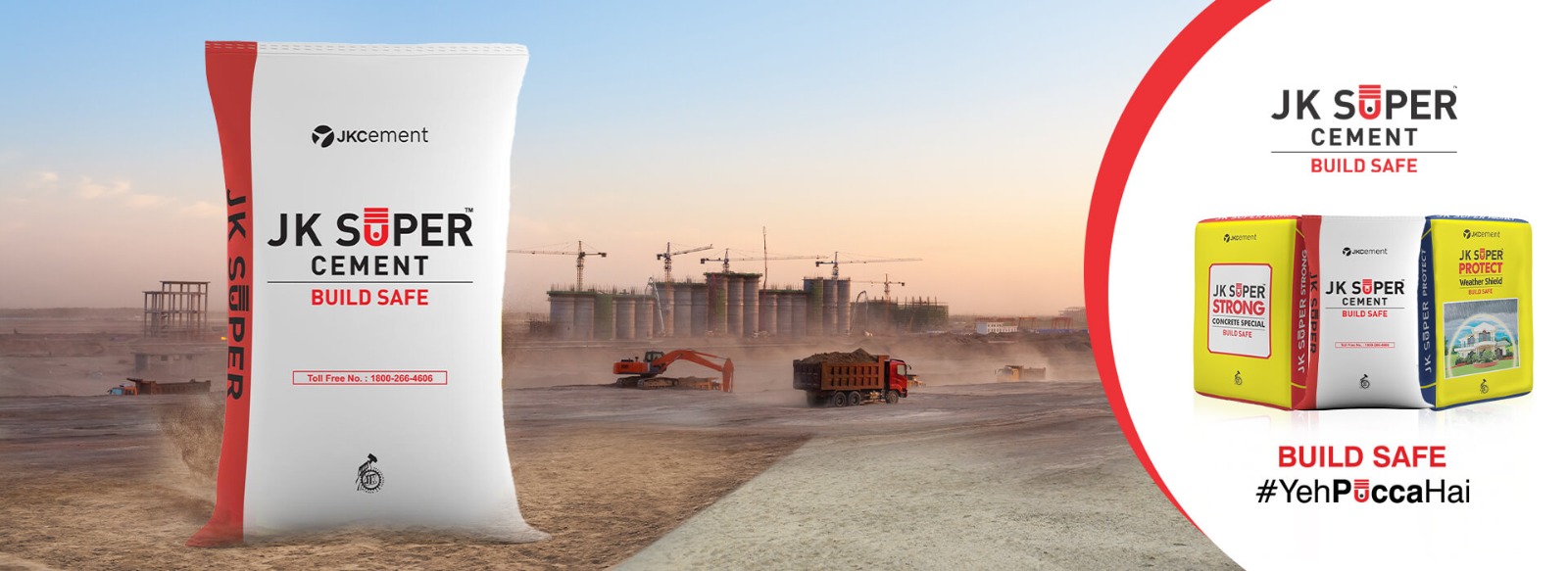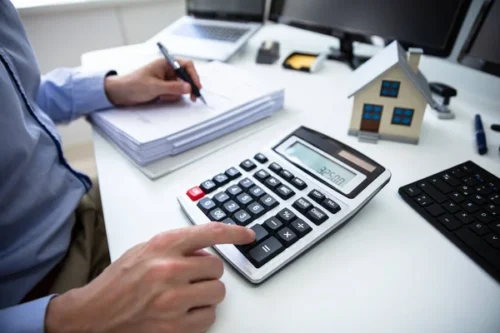Legal and Dispute Resolution Aspects of Plant and Machinery Valuation
Valuation of plant and machinery is a critical process in various industries, encompassing sectors such as manufacturing, construction, agriculture, and more. The accurate assessment of the value of these assets is essential for financial reporting, taxation, insurance, and transactional purposes. However, the valuation process often involves complex legal and dispute resolution aspects that require careful consideration to ensure fair and reliable outcomes.
Legal Considerations in Plant and Machinery Valuation:
- Ownership Rights and Title: Before valuing any plant and machinery, it is imperative to establish clear ownership rights and title. Valuers must verify that the entity seeking valuation possesses the legal authority to value and potentially dispose of the assets.
- Regulatory Compliance: Plant and machinery assets may be subject to various regulatory standards and compliance requirements. Valuers must take into account relevant laws and regulations that govern the use, maintenance, and disposal of these assets, ensuring that their valuation aligns with legal obligations.
- Leases and Contracts: In cases where plant and machinery are subject to lease agreements or contracts, valuers must carefully review the terms and conditions of these agreements. Lease terms can significantly impact the value of assets, and failure to consider contractual obligations can lead to inaccurate valuations.
- Intellectual Property Rights: Some machinery may be equipped with proprietary technology or processes, which can influence their value. Valuers should assess any intellectual property rights associated with the machinery and account for their impact on overall value.

Dispute Resolution Aspects in Plant and Machinery Valuation:
- Differing Valuation Opinions: Disputes may arise when multiple parties involved in a transaction or assessment hold differing opinions about the value of plant and machinery. This can lead to delays in transactions or legal conflicts. Establishing a clear and transparent valuation methodology, along with the qualifications of the valuer, can help prevent and address such disputes.
- Litigation and Arbitration: In cases where valuation disputes escalate, litigation or arbitration may be necessary to reach a resolution. Valuers may be called upon to provide expert testimony to support their valuation conclusions in a legal proceeding.
- Mediation and Negotiation: Alternative dispute resolution methods, such as mediation and negotiation, can offer a more expedient and cost-effective means of resolving valuation conflicts. A neutral third party can facilitate discussions between stakeholders to find a mutually acceptable valuation.
- Documentation and Evidence: To support their valuation conclusions in a dispute, valuers must maintain comprehensive documentation of their methodology, assumptions, and data sources. Having a well-documented valuation report can strengthen the valuer’s position in any dispute resolution process.
Conclusion:
The valuation of plant and machinery involves not only technical expertise but also a deep understanding of legal and dispute resolution aspects. Valuers must navigate ownership rights, regulatory compliance, contracts, and intellectual property issues while also being prepared to address valuation disputes through litigation, arbitration, mediation, or negotiation. By integrating these considerations into the valuation process, stakeholders can achieve accurate and defensible valuation outcomes while minimizing the risk of legal conflicts.


